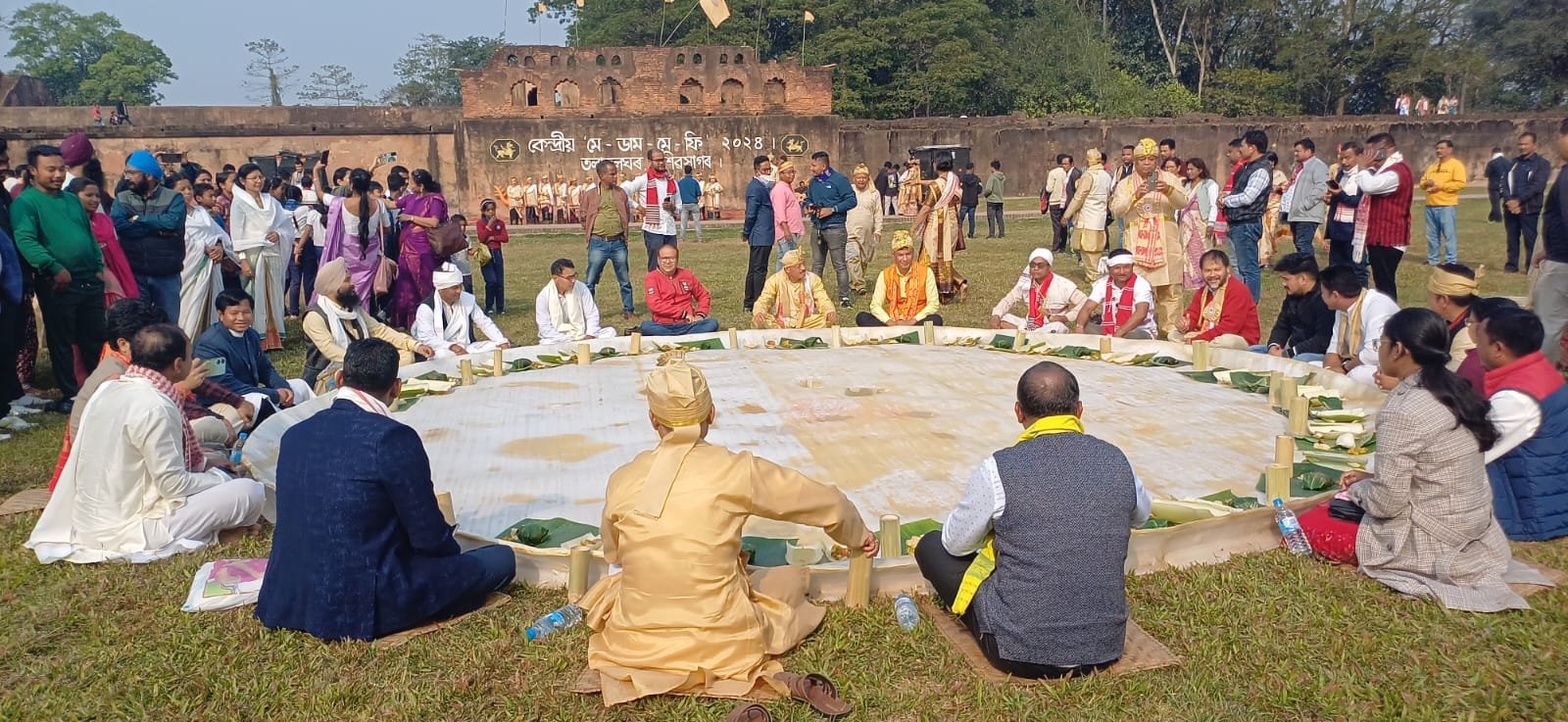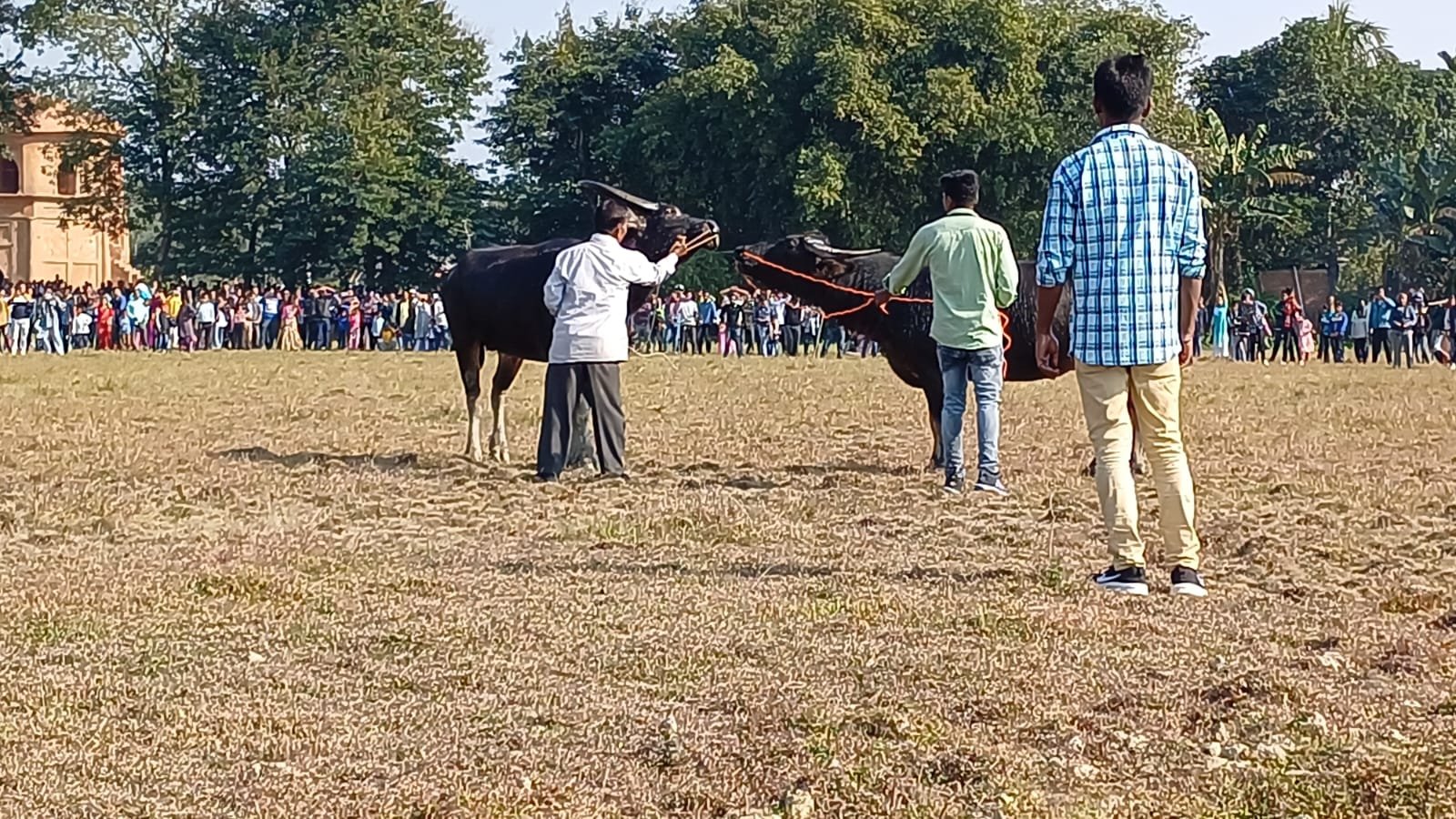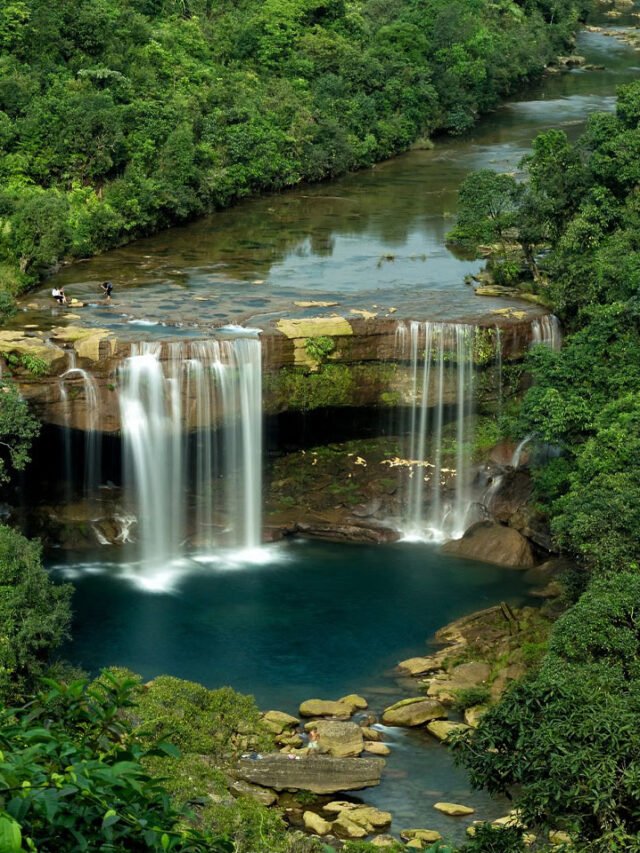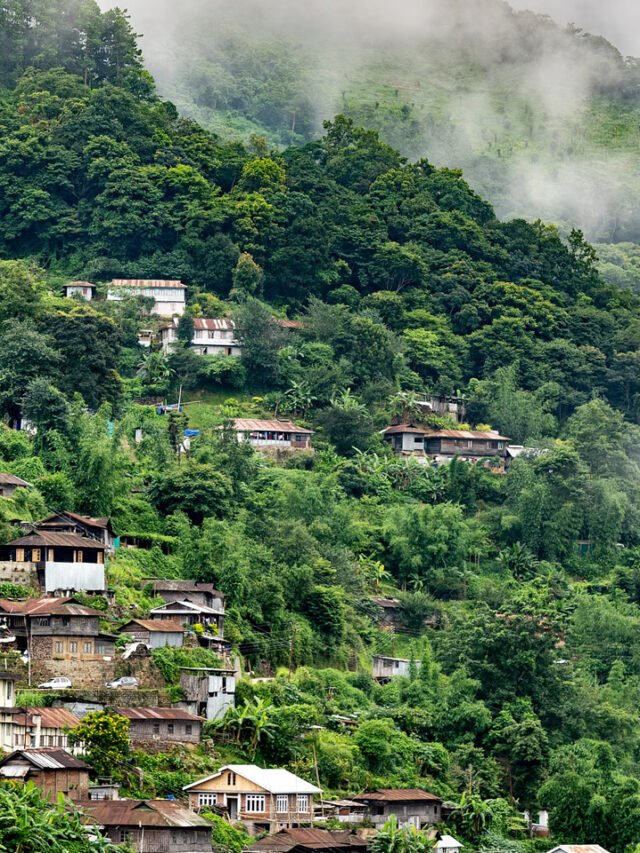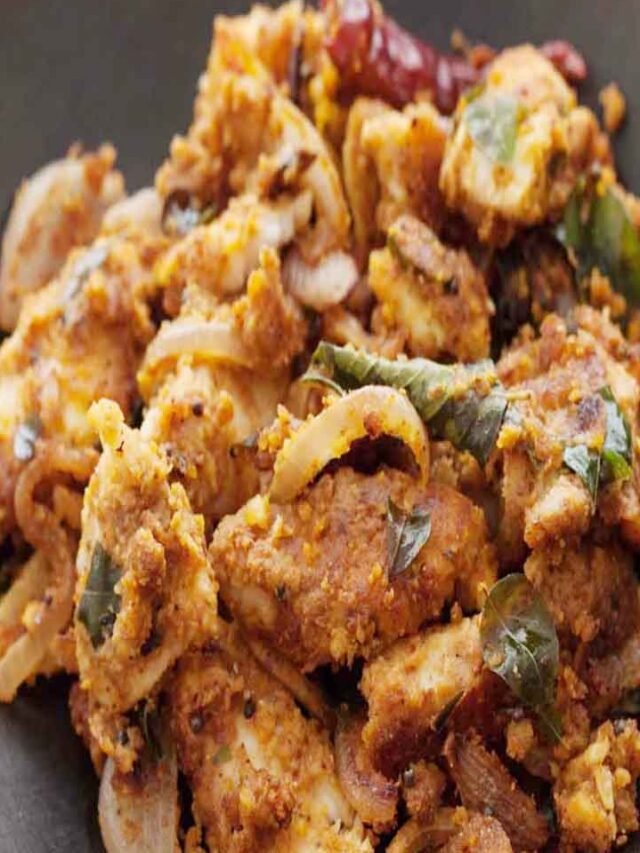GUWAHATI, May 28 (PTI): ‘Nao-khel’, ‘Alang Dalang’, ‘Koni juj’, ‘Moh juj’, and ‘Khomlainai’ are words that may seem unfamiliar to many but these are among 600 games traditionally played in Assam since yore which an ardent sports enthusiast has attempted to document by setting up a museum here.
Assam’s rich heritage of traditional sports since the days of the Ahom rulers may have waned over the centuries due to varied reasons but Chiranjib Sarma has taken the onus to revive these games and sporting activities.
“The first step in this direction is the setting up of the Olympia Traditional Sports Museum here which showcases the various traditional sporting activities practised by the indigenous people of the state,” Sarma told PTI.
People are now generally apathetic to the once popular traditional sports of the state, primarily due to the advent of modern sports and more due to the emergence of online gaming apps. The traditional games are now played only during certain festivals, the former sports journalist said.
“The idea for setting up a museum came while I was researching for my book on traditional indigenous sports which has not been given the importance it deserves and I have published six books on the topic,” he said.
During his research, Sarma found that there was not much information about these sporting activities.
“I travelled far and wide to collect details on how the games were played, the rules and the equipment used for each game.”
“Many people helped me in the project and we decided not to keep the information confined to books but set up a museum where the details of the games, particularly those played by the tribal communities, will be on display in various forms,” Sarma said.
Information relating to over 600 sports and games traditionally played in the state by men, women and children was collected by him.
The Museum, a first of its kind in the north-east by an individual, showcases through illustrations, photographs and books the way the various games are played along with the equipment used in the games.
“Assam’s indigenous wrestling, boat race, buffalo, cock and bird fights, bamboo stilt walking, butterfly catching, ‘tekeli bhonga khel’, bow and arrows along are some of the games that are still practised mostly in rural areas during certain festivals, including the state’s spring festival ‘Rongali Bihu’,” he pointed out.
The Museum is the first step towards preserving Assam’s sports history but Sarma and his team is also planning to revive these sporting activities and motivate children and youth to play these games.
“We have already initiated the process of setting up small centres in different parts of the state to promote our traditional sports. The students will stay there, receive education in nearby schools as well as training in selected sports,” he added.
A senior official of the Museum, Uday Borgohain, said that earlier, sports was an extra-curricular activity and not a compulsory subject in the school syllabus.
“There have been changes in the attitude of educational institutions as well as parents who want their children to pursue sports as a career. We want them to give equal attention to both traditional and modern sporting events,” he said.



